US Congressman Mike Waltz, a member of the Foreign Affairs Committee, regularly contributes to the work of the Congressional Hungarian-American Caucus. That is (also) why we were very pleased that Donald Trump asked him to serve as national security adviser, Hungarian Minister of Foreign Affairs and Trade Peter Szijjarto wrote on social media.
I told him how we see the war as a neighboring country and how much we wanted peace to return to the eastern flank of Europe. It's good to know that the friendship between American Republicans and Hungarian patriots rests on solid foundations such as peace, the importance of family, respect for sovereignty and fighting illegal migration,
Peter Szijjarto added.
In an earlier post, Hungary's foreign minister pointed out that he is now in Washington for talks after his visits in Moscow and Brussels.
In the wake of the US presidential election, an end to the war in Ukraine seems closer than ever, while the danger of escalation is the greatest yet as the outgoing US administration is trying to make brokering peace after January 20 impossible, the Hungarian minster of foreign affairs and trade said in Washington, DC on Wednesday.
Following his talks with Mike Waltz, US national security adviser-designate, the Hungarian minister stated that the appointment of the congressman to the post would be good news for Hungary as he is a member not only of the Foreign Affairs and Defense Committees, but also of the Congressional Hungarian Caucus, the ministry's statement says. Peter Szijjarto said that they had a friendly discussion on bilateral relations and geopolitical issues, including the war in Ukraine, which is a major concern also for US decision-makers.
It is no coincidence that the issue of the war in Ukraine, whether to end it or continue it, was one of the most important questions in the US presidential campaign, and while Donald Trump said clearly he wanted to end the war, Kamala Harris fought for continuing it,
he said.
He underlined that a dual situation has unfolded, as on the one hand, in the wake of the US presidential election, the chance for a quick end to the war in Ukraine has never been greater, and on the other hand, the risk of escalation is stronger than ever. As he put it, the latter is due to the fact that the outgoing administration in Washington is "trying to create a situation where it will be difficult to broker peace after January 20, especially quickly".
Hungary is rooting for Donald Trump's aim of concluding the war quickly to become reality,
he said, warning that otherwise the risk of escalation would grow day by day, and called it extremely important to keep communication channels open. The fact that "US Republicans and we Hungarian patriots have similar, and occasionally perfectly aligned, views on the most important issues of world politics" will certainly provide stable foundations and a completely new dimension for bilateral relations in the future.

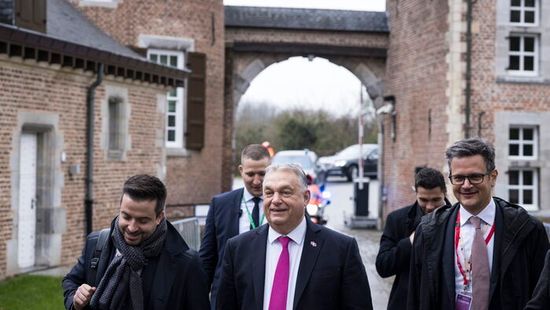
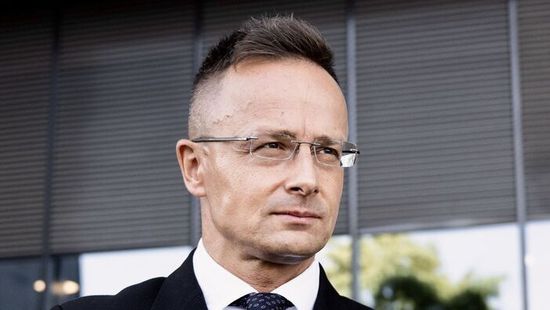
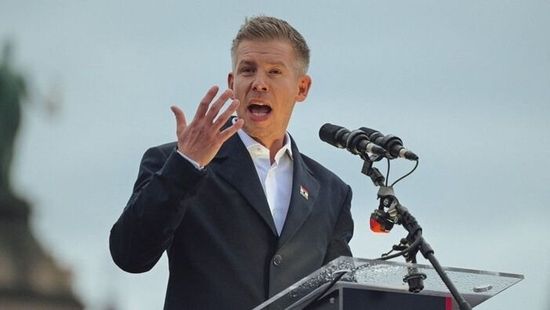
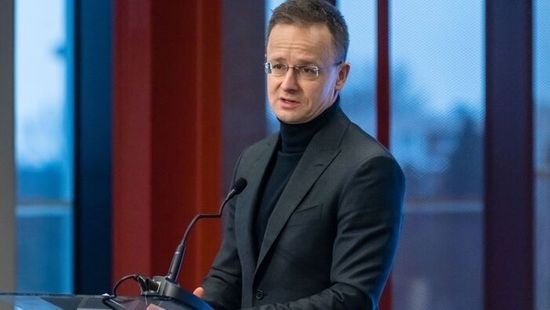



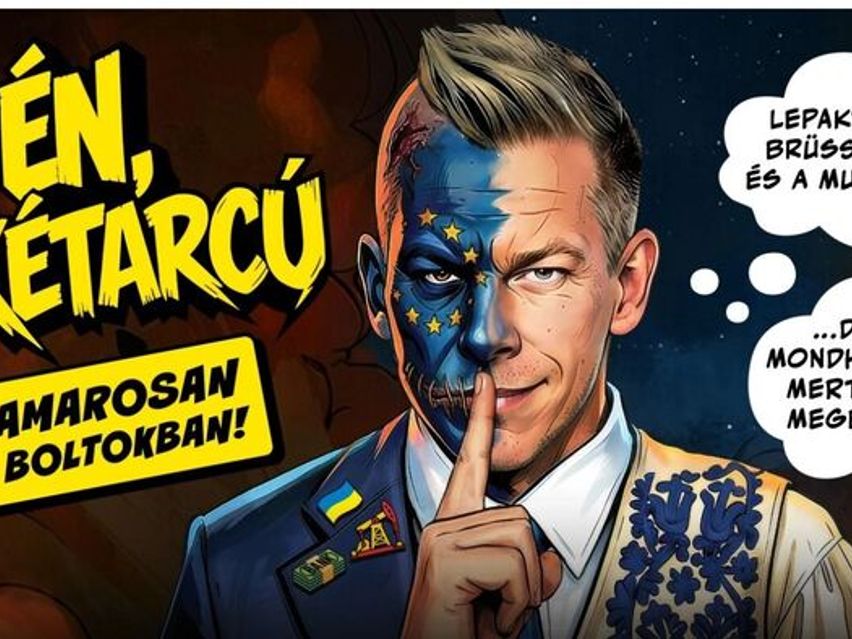
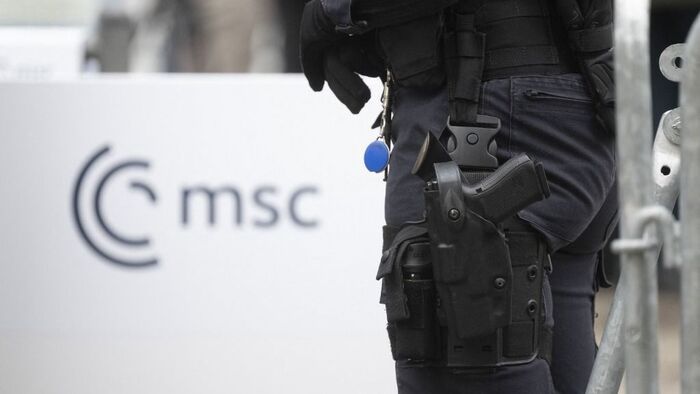

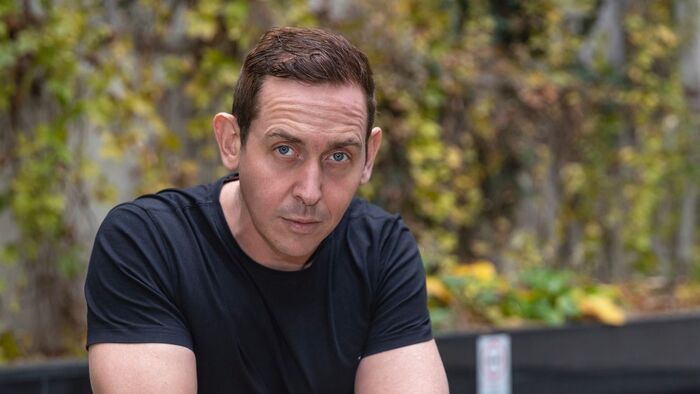
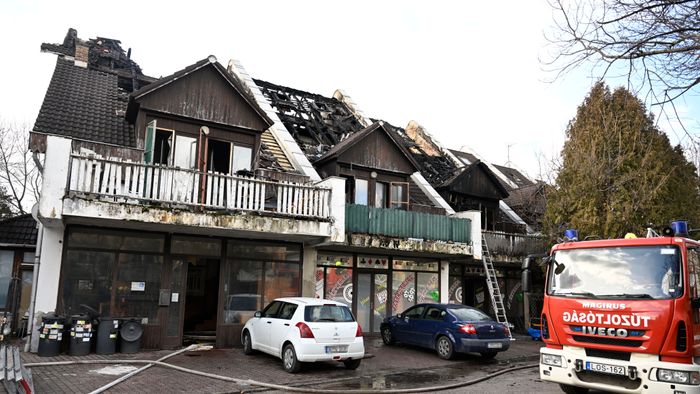

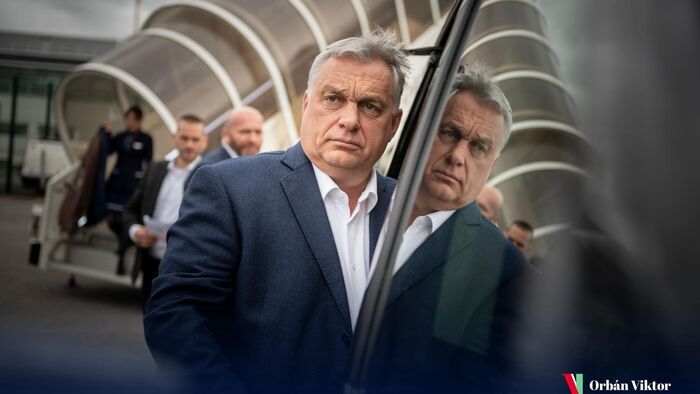
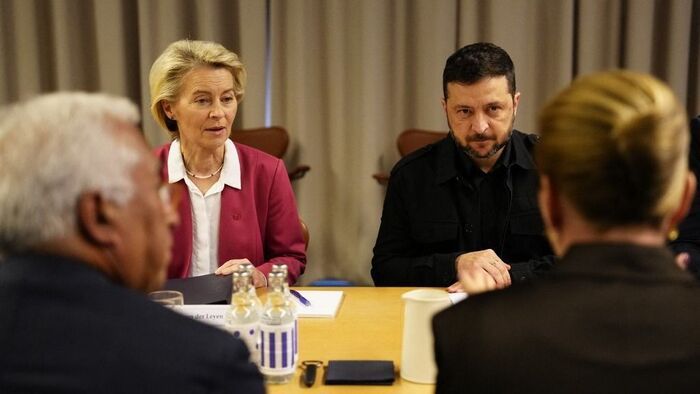
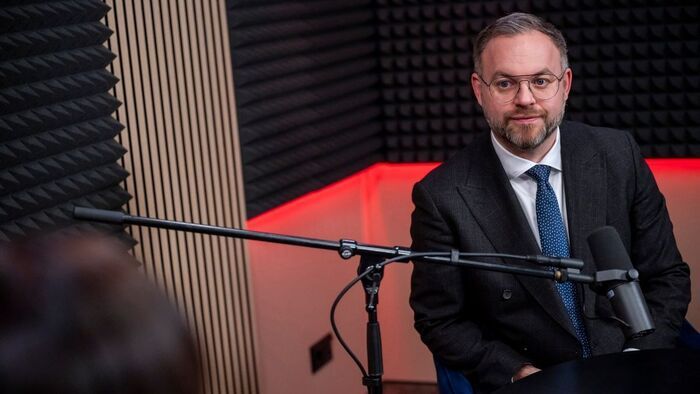
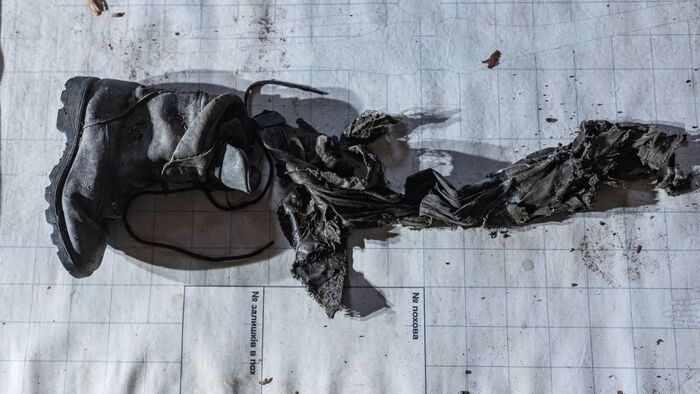

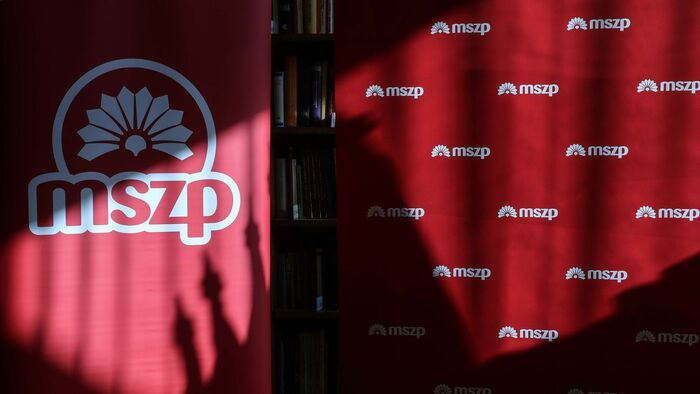

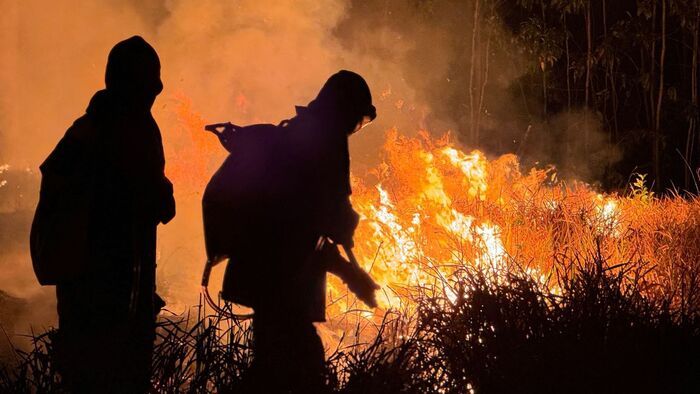

Szóljon hozzá!
Jelenleg csak a hozzászólások egy kis részét látja. Hozzászóláshoz és a további kommentek megtekintéséhez lépjen be, vagy regisztráljon!